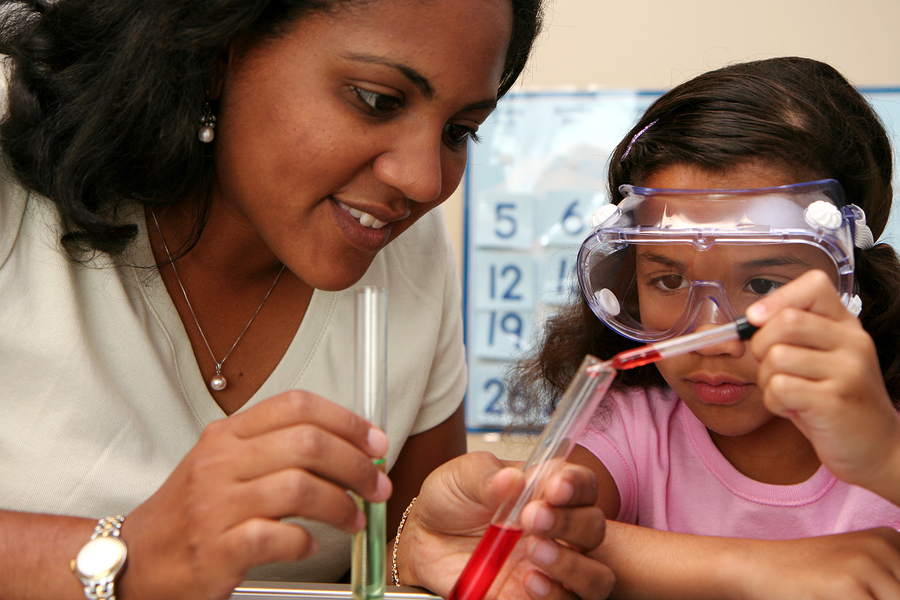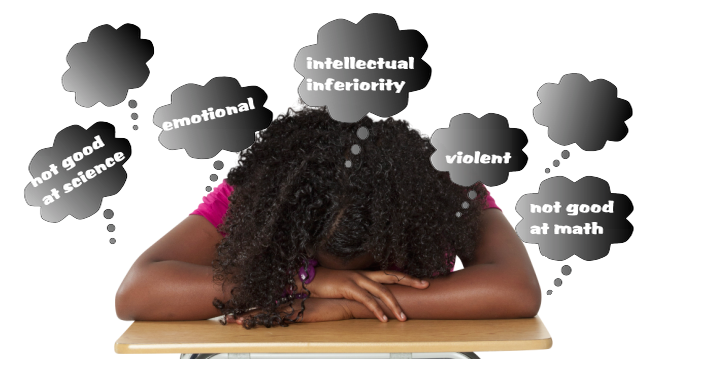When mentors and mentees communicate, what role does self-disclosure have?
Dutton, K.L. Deane, P. Bullen, Opening up: An exploration of youth mentor self- disclosure using laboratory-based direct observation, Children and Youth Services Review (2019), doi: https:// doi.org/10.1016/j.childyouth.2019.104654
Summarized by Jeremy Astesano
Notes of Interest: These authors sought to understand how communication, a crucial element of building strong relationships, occurred in a mentoring context. Specifically, they were interested in how self-disclosure as a relational process manifested in conversations within mentoring dyads. In these interactions, they expected to see elements of reciprocity, similarity, valence, and interpersonal disclosure (all elements of the self-disclosure literature), and that mentoring would have an impact on the nature of this disclosure for mentors to mentees. The final sample for this study consisted of 42 pairs of predominantly female mentors and mentees in New Zealand. Pairs did several activities together, culminating in a prompted interview about emotions, which was coded and used for analysis in this study. Ultimately, the authors saw almost ubiquitous presence of self-disclosure, which mentors used to relate to mentees. The authors observed that the type of disclosure was highly intertwined with the mentor-mentee context. Mentors established similarity to mentees, a common practice in extant literature on self-disclosure, but advice was also given through this process, which is less common, and the authors note is more specific to this type of relationship.
Introduction (Reprinted from the Abstract)
Research on communication in youth mentoring is nascent, despite being a vital part of developing high quality relationships. In this study, we explored mentor self-disclosure using laboratory-based direct observations of mentor-mentee interactions. We analyzed video recordings of 42 mentoring pairs engaged in a discussion activity to identify key features of mentor self-disclosure in a controlled and standardized setting. Our findings show that mentors practice self-disclosure in mentee-oriented ways, characterized by disclosures that are relevant and meaningful to the mentee, and typically shared in the context of a reciprocal pattern of disclosure. We discuss the ways in which the unique context of youth mentoring influences mentor disclosure and the implications for relationship-building. Since this is the first time research using laboratory-based direct observation has been used in youth mentoring, we also discuss how this innovative methodology can advance our understanding of relational processes.
Implications (Reprinted from the Discussion)
There is an ever-increasing interest in identifying specific processes that may contribute to the development of close interpersonal bonds between mentor and mentee. In doing so, mentors and programs alike may be able to harness specific strategies to improve the effectiveness of mentoring at an individual and programmatic level. While communication is consistently regarded as an essential part of good relationships, we know very little about how mentors and mentees talk to one another. The purpose of this study was to further explore self-disclosure in youth mentoring relationships by identifying key features of mentor self-disclosure in dyadic interactions observed in a laboratory setting, informing the development of a youth mentoring-specific description of disclosure. This paper advances our understanding of relational processes by investigating an interaction in mentoring relationships previously neglected in research (Author, 2018; Karcher & Hansen, 2014). It also makes a significant contribution to the youth mentoring literature methodologically by using video-recorded observational data for the first time in the youth mentoring field. Here, we reflect on these contributions in greater detail and how they could be applied by mentors and mentoring programs.
The research question driving this study was focused on how mentors practice self- disclosure in the context of their mentoring relationships. Prior research has shown mentors intentionally engage in self-disclosure because they believe it has a positive effect on their relationship (Authors, 2019). This study expands on that research by directly observing mentor disclosure in a discussion activity and therefore seeing how this intention is enacted through specific practices. Although mentors differed in their approaches to the activity, the features described in this paper represent the most distinctive disclosure practices across the cohort.
To access this article, click here.














